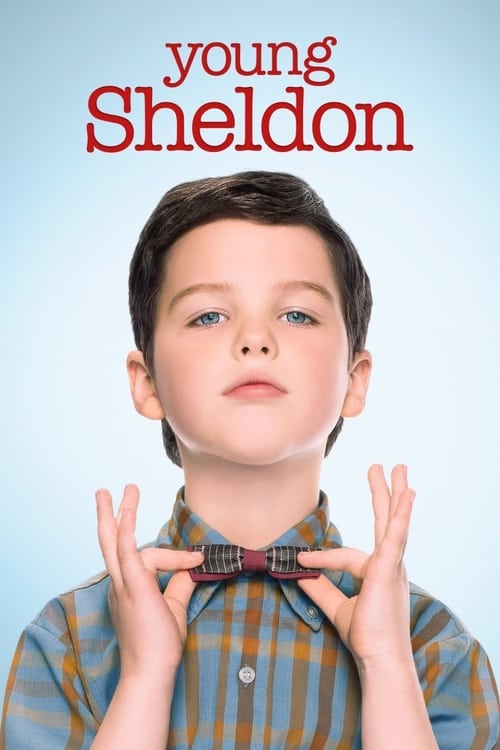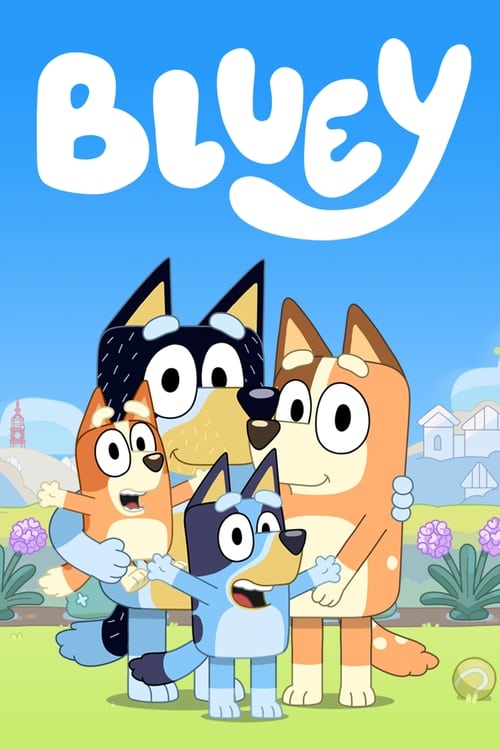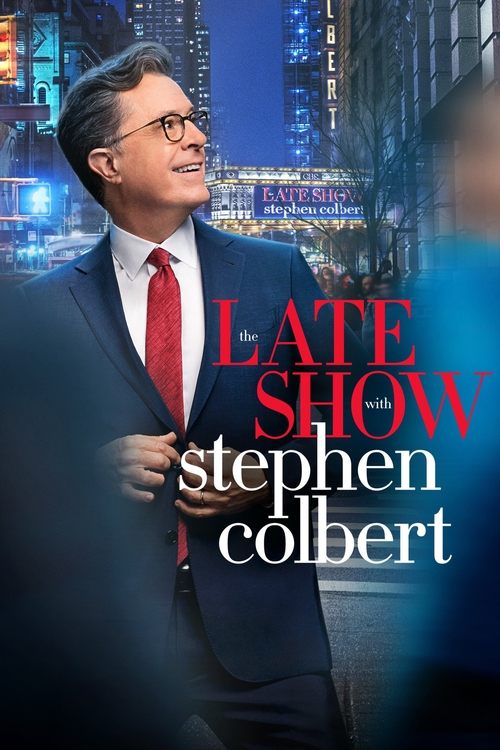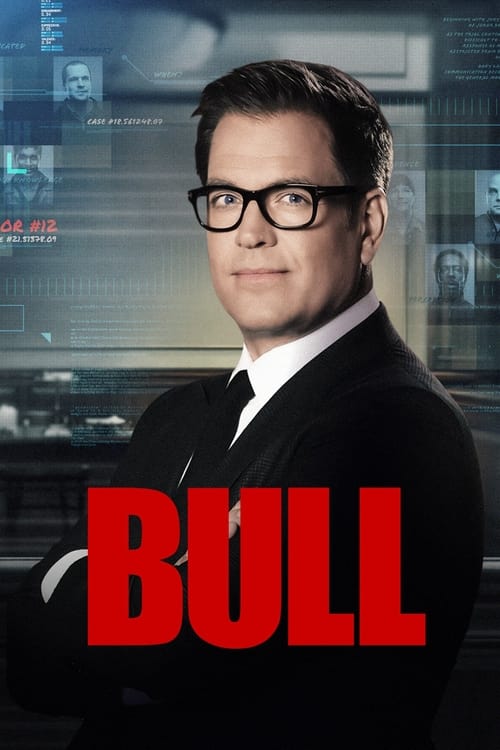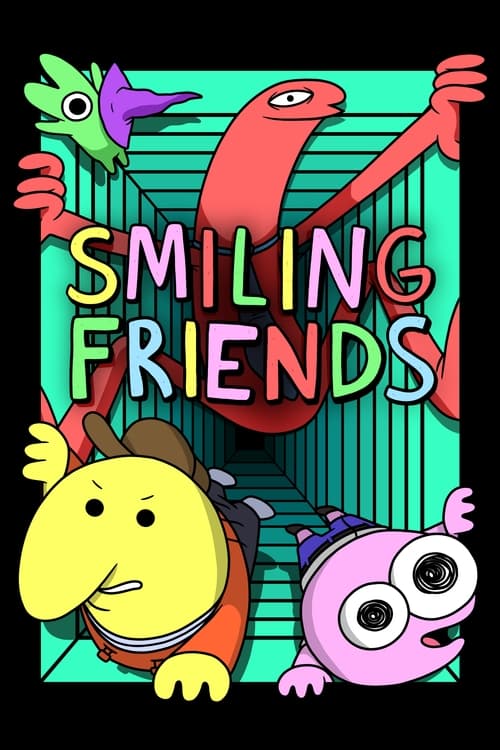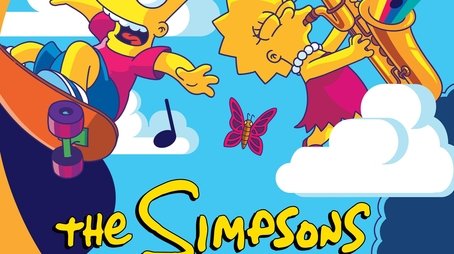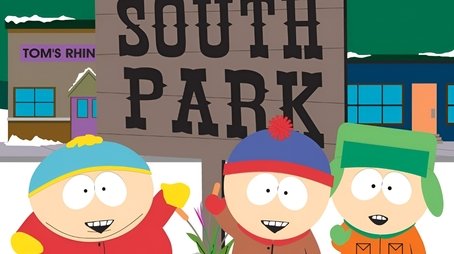
Ask Your Own Question
What is the plot?
The episode begins with Sam and Tim, the two main characters, at their advertising agency in Detroit. They are excited about a new project they are working on for a local restaurant called Jefferson Porger. The restaurant is known for its unique take on burgers, and the duo is eager to create a catchy advertisement that will help boost its visibility.
As they brainstorm ideas, Tim suggests they should visit the restaurant to get a better feel for the atmosphere and the food. Sam agrees, and they head out to Jefferson Porger. Upon arrival, they are greeted by the restaurant's owner, who is enthusiastic but also a bit overwhelmed by the demands of running the business. He expresses his desire for a fresh marketing approach to attract more customers.
While at the restaurant, Sam and Tim sample various menu items, including the signature Jefferson Porger burger. They are impressed by the food but notice that the restaurant's decor is lacking and could use a makeover. This observation sparks an idea in Sam's mind about how they can not only promote the restaurant but also help improve its overall appeal.
Back at the agency, Sam and Tim begin to develop a plan that involves a complete rebranding of Jefferson Porger. They decide to create a series of humorous commercials that highlight the restaurant's quirky personality and delicious food. They envision a campaign that will resonate with the local community and draw in more customers.
As they work on the campaign, they face challenges in getting the restaurant owner on board with their ideas. The owner is hesitant to change too much, fearing it might alienate his existing customer base. Sam and Tim must navigate this delicate situation, trying to convince him that a fresh approach is necessary for growth.
In a pivotal moment, Sam and Tim decide to take matters into their own hands. They organize a promotional event at the restaurant, inviting local influencers and food bloggers to experience Jefferson Porger firsthand. The event is designed to create buzz and generate social media attention, which they believe will help attract new customers.
The night of the event arrives, and the restaurant is bustling with activity. Sam and Tim are on-site, ensuring everything runs smoothly. They interact with guests, encouraging them to share their experiences online. The atmosphere is lively, and the food is well-received, leading to a positive response from attendees.
However, as the night progresses, things start to go awry. A miscommunication leads to a shortage of food, causing frustration among the guests. Sam and Tim scramble to resolve the issue, working together to keep the energy up and maintain a positive vibe. They realize that their success hinges on their ability to adapt and think on their feet.
In the climax of the episode, Sam and Tim manage to turn the situation around by improvising and creating a fun, engaging experience for the guests. They introduce a contest where attendees can create their own burger combinations, which helps to distract from the earlier mishaps. The guests enjoy the interactive element, and the event ultimately becomes a success.
As the episode concludes, Sam and Tim reflect on their journey with Jefferson Porger. They feel a sense of accomplishment, having not only helped the restaurant gain exposure but also strengthened their own partnership. The owner expresses his gratitude, and the episode ends on a high note, with the promise of new opportunities ahead for both the restaurant and the advertising agency.
What is the ending?
In the ending of "Jefferson Porger," Sam and Tim's advertising agency faces a crisis when their client, Jefferson Porger, a local businessman, is unhappy with their work. After a series of comedic misadventures and misunderstandings, they manage to salvage the situation by creating a successful ad campaign that impresses Porger. The episode concludes with a sense of camaraderie between Sam and Tim, as they celebrate their victory and reaffirm their friendship and partnership.
As the episode draws to a close, the tension escalates when Sam and Tim realize that their client, Jefferson Porger, is dissatisfied with the initial ad concepts they presented. The duo, known for their creative yet often chaotic approach, scramble to come up with a new idea that will meet Porger's expectations.
Scene 1: The office is filled with a palpable sense of urgency. Sam, portrayed with a mix of determination and anxiety, paces back and forth, brainstorming ideas. Tim, his partner, sits at the desk, flipping through sketches and notes, trying to find inspiration. The atmosphere is charged with the pressure of needing to impress Porger, who is known for his high standards and no-nonsense attitude.
Scene 2: They decide to visit Porger at his office to get a better understanding of his vision. The meeting is tense; Porger, played with a stern demeanor, expresses his disappointment in their previous work. He emphasizes the importance of the campaign for his business, and the weight of his expectations hangs heavily in the air. Sam and Tim exchange worried glances, realizing they need to step up their game.
Scene 3: Back at their office, the duo brainstorm wildly, throwing out increasingly outrageous ideas. The comedic energy builds as they bounce off each other, their friendship shining through the chaos. They try to channel Porger's personality into their concepts, leading to a series of humorous sketches that reflect both their creativity and their understanding of the client.
Scene 4: After a long night of brainstorming, they finally land on a concept that feels right. They create a mock-up of the ad that captures Porger's essence while also being entertaining. The excitement is palpable as they prepare to present it to him, their earlier anxiety replaced with a newfound confidence.
Scene 5: The presentation to Porger is a mix of nervousness and enthusiasm. Sam and Tim unveil their new campaign, and the tension in the room is thick. Porger watches intently, his expression unreadable. As they present, the ad comes to life, showcasing a blend of humor and cleverness that resonates with Porger's vision.
Scene 6: After a moment of silence, Porger breaks into a smile, clearly impressed. He praises their work, and the relief washes over Sam and Tim. They share a triumphant moment, realizing that their partnership and creativity have triumphed once again.
Scene 7: The episode concludes with Sam and Tim celebrating their success at a local bar, laughter and camaraderie filling the air. They reflect on the challenges they faced and how they overcame them together, solidifying their bond as both friends and business partners. The final shot captures their joyful expressions, a testament to their resilience and teamwork.
In the end, Sam and Tim emerge victorious, having navigated the challenges of client expectations and creative pressure. Their relationship is strengthened, and they reaffirm their commitment to each other and their work, leaving viewers with a sense of hope and humor.
Is there a post-credit scene?
In the episode "Jefferson Porger" from season 2 of Detroiters, there is indeed a post-credit scene. After the main credits roll, the scene features Sam and Tim sitting in their office, reflecting on the events that just transpired. They are both visibly exhausted but still in high spirits, sharing a laugh about the absurdity of their recent experiences.
As they continue to joke around, Tim suddenly gets a call from a client who is upset about a commercial they produced. The conversation quickly escalates into a humorous argument, showcasing Tim's inability to handle criticism while Sam tries to mediate the situation. The scene captures the essence of their friendship and the chaotic nature of their work, leaving viewers with a light-hearted and comedic conclusion to the episode.
How does the episode explore the theme of friendship between Sam and Tim?
Throughout the episode, the friendship between Sam and Tim is tested by their rivalry with Jefferson Porger. Their banter and support for each other reveal the depth of their bond, as they navigate the ups and downs of their professional lives while ultimately prioritizing their friendship over competition.
What is the significance of the Jefferson Porger character in the episode?
Jefferson Porger is a pivotal character in this episode, serving as a rival to Sam and Tim. His over-the-top persona and aggressive marketing tactics create tension and competition, pushing Sam and Tim to confront their own insecurities and the lengths they will go to succeed in the advertising world.
How do Sam and Tim react to the challenges posed by Jefferson Porger?
Sam and Tim initially feel threatened by Jefferson Porger's bold approach and success. This leads them to devise a plan to outdo him, showcasing their determination and creativity. However, their attempts often result in humorous failures, highlighting their struggle to balance ambition with their own unique style.
What role does the setting of Detroit play in the episode?
The setting of Detroit is integral to the episode, as it reflects the local culture and the advertising landscape that Sam and Tim navigate. The vibrant city backdrop serves as a canvas for their creative endeavors, while also emphasizing the challenges they face in a competitive market.
What comedic elements are used in the interactions between Sam, Tim, and Jefferson Porger?
The interactions are filled with sharp wit and absurd humor, particularly in the way Sam and Tim attempt to one-up Jefferson Porger. The exaggerated personalities and comedic timing create laugh-out-loud moments, such as their failed advertising stunts and the ridiculous lengths they go to in order to outshine Porger.
Is this family friendly?
"Detroiters" is a comedy series that often includes adult themes and humor. In the episode "Jefferson Porger," there are a few elements that may be considered objectionable or upsetting for children or sensitive viewers:
-
Mature Language: The dialogue includes strong language and adult humor that may not be suitable for younger audiences.
-
Suggestive Humor: There are instances of suggestive jokes and innuendos that may be inappropriate for children.
-
Substance Use: There are references to alcohol and possibly other substances, which could be concerning for younger viewers.
-
Social Situations: The episode explores themes of personal relationships and social dynamics that may be complex or uncomfortable for younger audiences to understand.
Overall, while the show is comedic, its content may not be family-friendly due to these elements.







